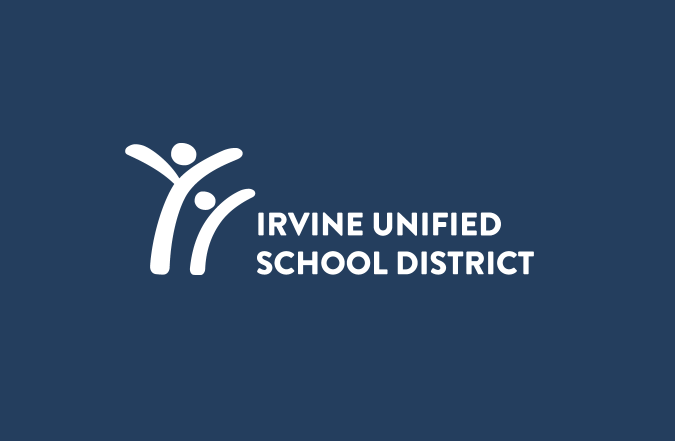
The IUSD Board of Education on Tuesday adopted a resolution calling for changes to the governor’s plan to overhaul education funding.
Under Governor Jerry Brown’s "Local Control Funding Formula" proposal, supplemental funding would be provided to school districts based on their proportion of English-language learners and students who are eligible for free and reduced-price lunches. However, base funding would be benchmarked at levels from 2007-08, and there are no provisions to restore billions of dollars in recent cuts to separate categorical programs.
While board members agreed that the system for funding education should be improved and applauded the governor’s efforts to address the greater needs of specific student groups, they acknowledged that the first priority of educational leaders is to ensure that base revenue is sufficient to deliver core content and services to students.
The resolution adopted by the board recommends restoring the losses public schools have endured before earmarking new funds for specific needs. It also states that any reallocation of funds should target students who need additional resources rather than districts or schools that serve a percentage of students in need.
In March, Assistant Superintendent of Business Services John Fogarty shared revenue and expenditure assumptions with the board and outlined the potential impacts of Governor Brown’s proposal.
Under Brown’s plan, Fogarty said, IUSD would receive $2.2 million less in 2013-14 than it would under the current Revenue Limit calculation, and that number swells to $31.5 million in 2021, when the Local Control Funding Formula is projected to be fully implemented. Fogarty noted at that time that the formula was a starting point for state deliberations, and it could be altered significantly through the legislative process.
Meanwhile, the board on Tuesday also adopted a separate resolution opposing the governor’s plan to merge funding for regional occupational programs and career technical education with base revenue for school districts. The move would effectively eliminate the dedicated funding for both programs, putting them at risk in many districts.
“The real issue that we are concerned with is that if the ROP dollars are mixed in with base dollars then, statewide, we are going to be reducing the number of ROP courses that are offered to students,” said board member Sharon Wallin, who also sits on the board for Coastline ROP.
“It’s ludicrous that we would be willing to decimate ROP in the state,” added board member Michael Parham.
The resolution notes that ROP and career technical education courses are integral to a comprehensive instructional program. In addition, research has shown that these programs contribute positively to academic motivation, engagement and performance, resulting in increased high school graduation rates.
